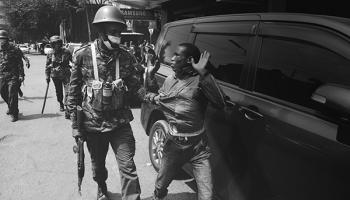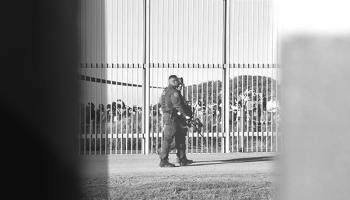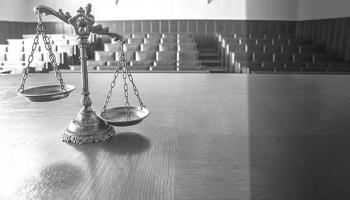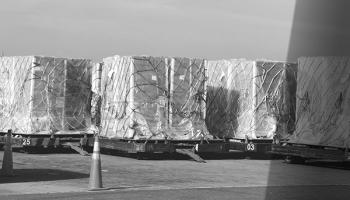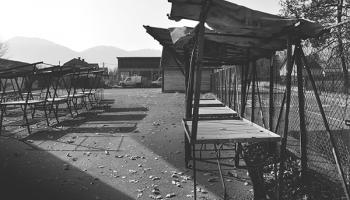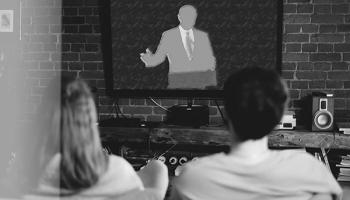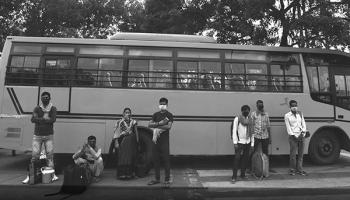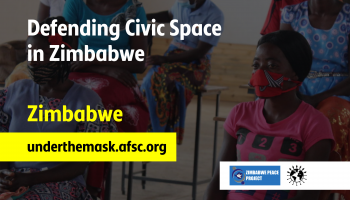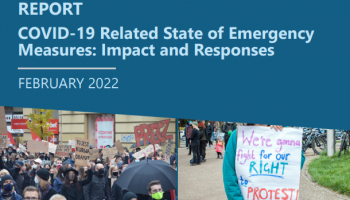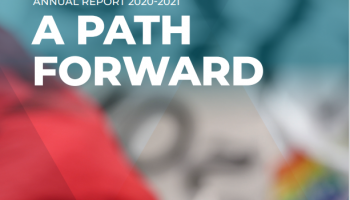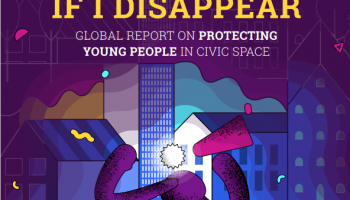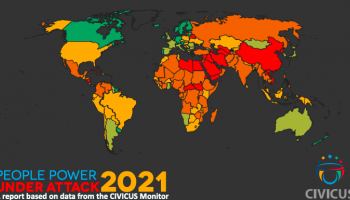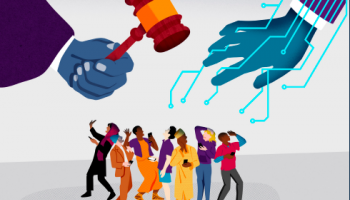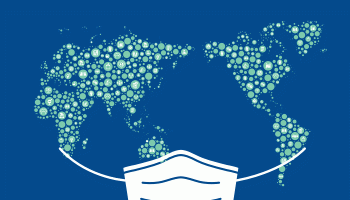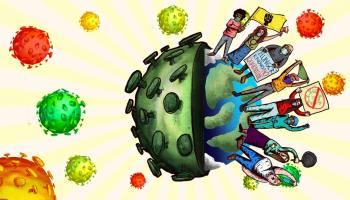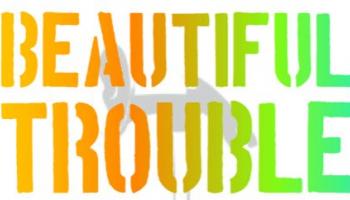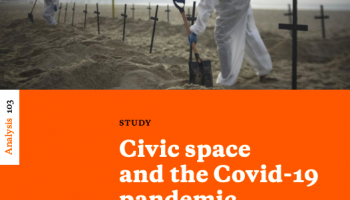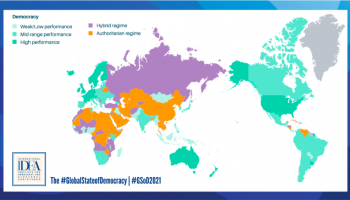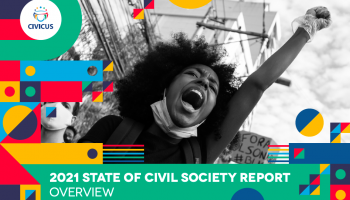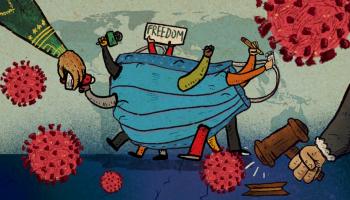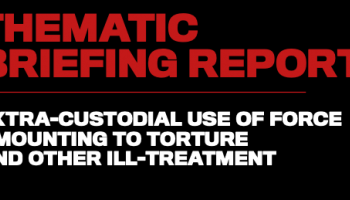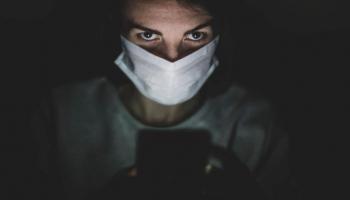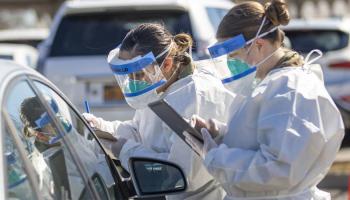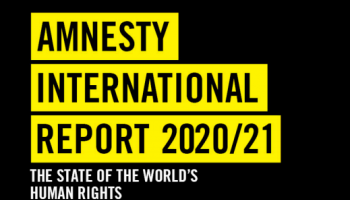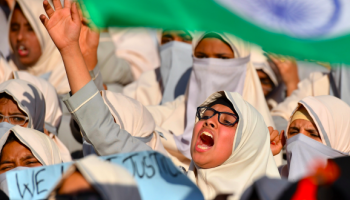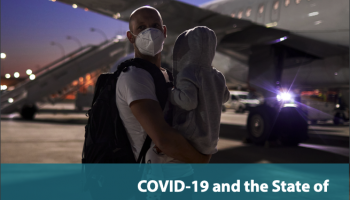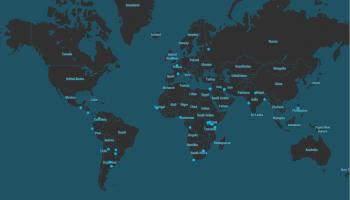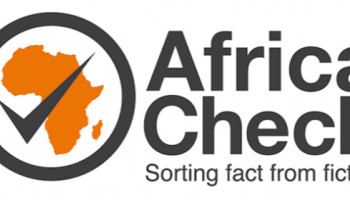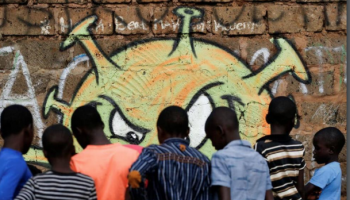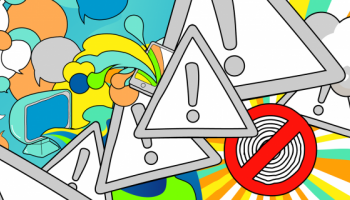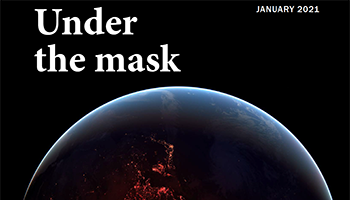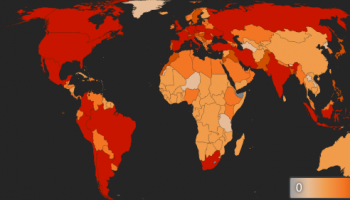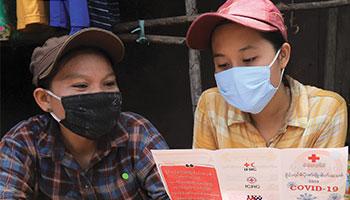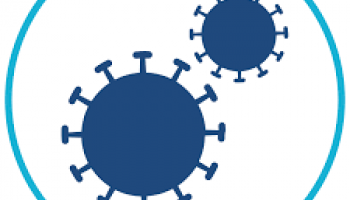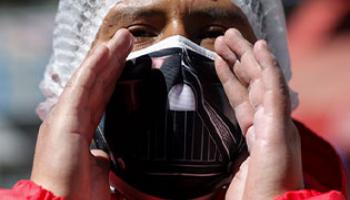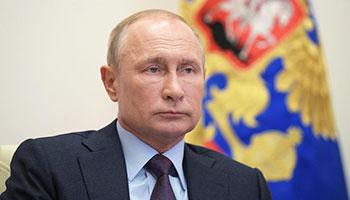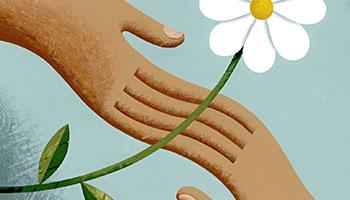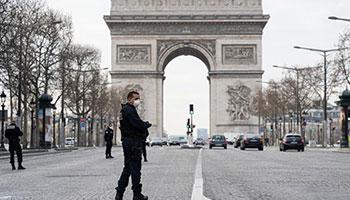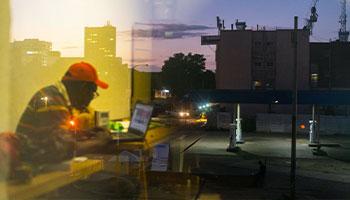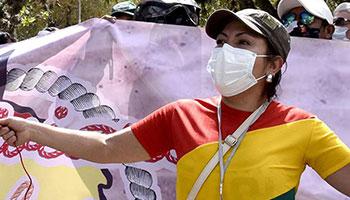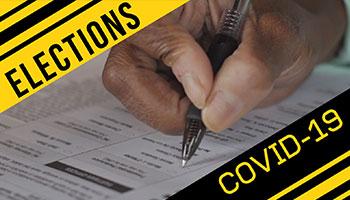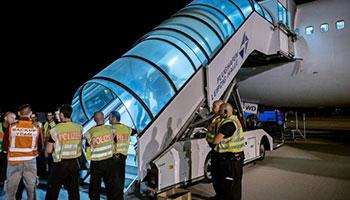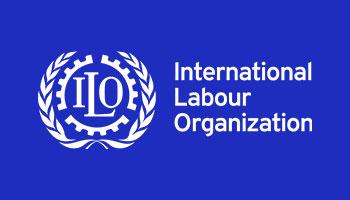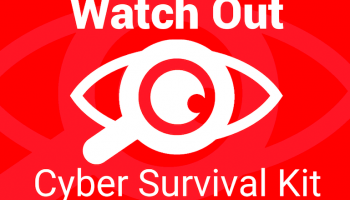The people of Africa have been reknitting the fabric of resilient and thriving societies, following decades of conflict. AFSC’s work in Burundi, Kenya, Somalia, South Sudan, and Zimbabwe has focused on helping youth, women, and men heal from the trauma of violence, develop self-employment skills, and rebuild a sense of community.
Civic space during the pandemic
According to CIVICUS Monitor, the top violations of civic space in Africa during the COVID-19 pandemic include the detention of journalists, the disruption of protests, censorship, and the intimidation and detention of protesters.
In Central Africa, civic space remains affected by armed conflict, weak rule of law, impunity and entrenched authoritarian governments. In West Africa, where several countries held disputed elections, pro-democracy and anti-corruption groups and activists have increasingly been targeted, and protests have been met with excessive force. In Southern Africa, protests—on issues of labor rights, service delivery, and gender-based violence—have been dispersed by force, including in Lesotho, Namibia, and South Africa. In Zimbabwe, amid a declining economy and regular worker strikes and boycotts, the government has continued to restrict the freedoms of association and peaceful assembly.
Source: https://findings2020.monitor.civicus.org/africa.html For more information, read CIVICUS Monitor’s comprehensive report.
Learn more about AFSC’s programs in Africa:
COVID REPORT
One year into the COVID-19 pandemic, restrictions on civil space are increasing. Recognizing the need to protect public health, our report looks at nine kinds of restrictions that could limit civil space for the long term and how civil society can respond.
